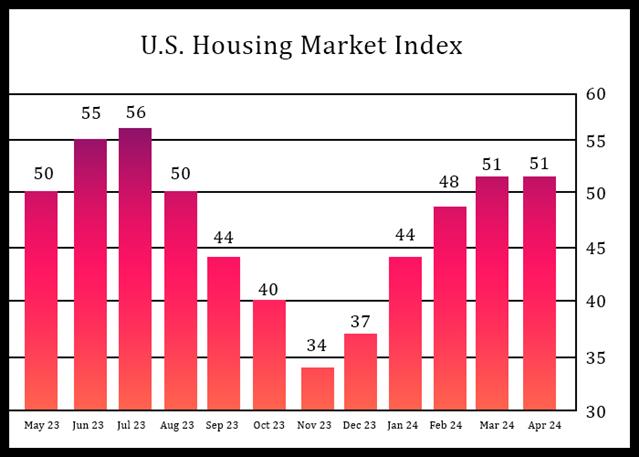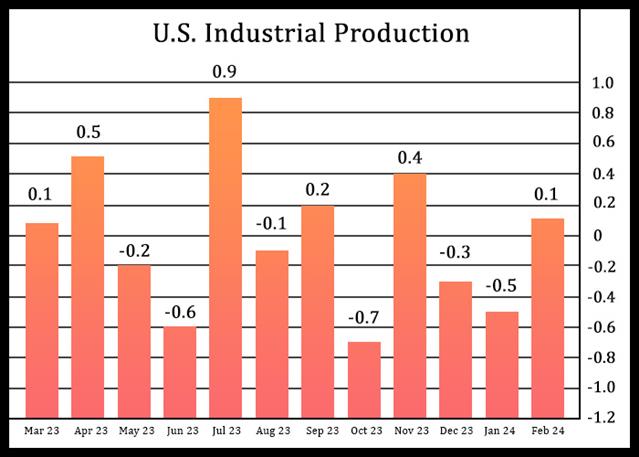
The rise of Long COVID, characterized by persistent symptoms following infection, has garnered the attention of healthcare professionals and researchers. Postural Orthostatic Tachycardia Syndrome (POTS) stands out among the conditions associated with Long COVID due to its severe impact on the autonomic nervous system.
Guava Health notes that while POTS existed before the pandemic, its possible connection to Long COVID necessitates a thorough examination of its features, management, and challenges for those affected. Long COVID refers to the lingering symptoms and conditions post-COVID infection lasting more than four weeks, encompassing a wide array of bodily symptoms different from conventional illnesses.
Referred to in medical circles as Post-Covid Conditions, Long COVID distinguishes itself by symptoms persisting beyond the typical 1-14 day period. These symptoms may change, worsen, or introduce new elements over time, such as chronic fatigue, sleep disturbances, brain fog, dizziness, and respiratory issues. Notably, Long COVID patients may exhibit heightened levels of autoantibodies for an extended period post-infection, suggesting a potential autoimmune link that requires further research.
Pinpointing the causes and effects of Long COVID is complex, with various mechanisms at play, including prolonged viral presence, inflammation, and autoimmune responses impacting patients differently. The overlap of symptoms among various conditions complicates diagnosis and treatment, emphasizing the need for distinct research on each symptom’s mechanisms.
A study revealed that post-COVID patients face increased risks of developing diabetes, hypertension, and POTS, highlighting the importance of recognizing POTS despite its significant impact on patient well-being.
Understanding the co-occurrence of symptoms with Long COVID remains a challenge, underscoring the necessity for comprehensive research to address each symptom’s underlying causes.
Copyright © 2024, RTTNews.com, Inc. All Rights Reserved.















